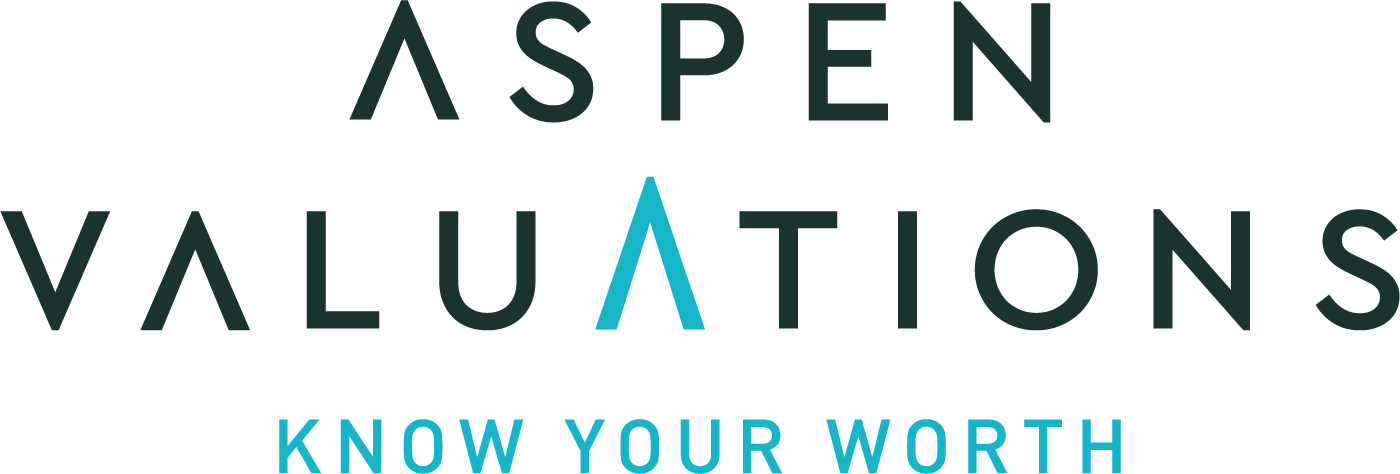SaaS subcategories and their impact on valuation multiples
2.5 min read.
The Software as a Service (SaaS) industry is vast and diverse, encompassing a wide range of subcategories that address various business needs. As a result, the valuation multiples of SaaS companies can vary significantly based on the type of SaaS solution they provide. In this blog post, we’ll delve into some of the prominent SaaS subcategories and discuss how their unique characteristics can impact valuation multiples.
Data Analytics SaaS:
Data analytics SaaS companies offer powerful tools and platforms to collect, analyze, and visualize data, enabling businesses to make data-driven decisions. These solutions have become increasingly essential across industries as the volume of data generated continues to grow exponentially.
Valuation Impact: Data analytics SaaS companies often command higher valuation multiples due to their ability to drive actionable insights and support decision-making, which can lead to increased efficiency, cost savings, and growth for their customers.
Customer Relationship Management (CRM) SaaS:
CRM SaaS platforms help businesses manage their customer interactions, sales processes, and marketing efforts. By streamlining customer data and communication, CRM solutions enable businesses to nurture leads, close deals, and maintain long-term customer relationships.
Valuation Impact: CRM SaaS companies tend to have strong valuation multiples, as they directly contribute to revenue generation and customer retention. Market leaders in this space, such as Salesforce, have consistently commanded high valuation multiples due to their comprehensive offerings and strong market positions.

Human Resources (HR) SaaS:
HR SaaS companies provide tools and platforms for managing various human resources functions, including recruiting, onboarding, payroll, performance management, and employee engagement. These solutions help businesses streamline HR processes, ensure compliance, and improve employee satisfaction.
Valuation Impact: HR SaaS companies may have slightly lower valuation multiples compared to other subcategories due to the perception that their solutions are more “back-office” and less directly tied to revenue generation. However, companies that successfully demonstrate the value of their HR SaaS solutions in enhancing productivity and reducing administrative burdens can still achieve attractive valuations.
Marketing Automation SaaS:
Marketing automation SaaS companies offer tools to automate and optimize marketing campaigns, manage leads, and track customer interactions. These solutions can improve marketing efficiency, drive customer engagement, and ultimately boost sales.
Valuation Impact: Marketing automation SaaS companies can command higher valuation multiples if they provide robust tools that demonstrate a clear impact on lead generation, conversion, and revenue growth for their customers.
Vertical SaaS:
Vertical SaaS companies cater to specific industries or niches, offering tailored solutions that address unique challenges and requirements within their target markets. Examples of vertical SaaS companies include those focused on healthcare, education, or construction.
Valuation Impact: Vertical SaaS companies may have varying valuation multiples depending on their target market’s size, growth potential, and competitive landscape. Companies that address high-growth markets or have a dominant position in their niche can achieve higher valuation multiples.
The diverse range of SaaS subcategories impacts valuation multiples, as different types of SaaS solutions offer unique value propositions and address varying business needs. When valuing SaaS companies, it’s essential to consider the specific subcategory and its unique characteristics, such as growth potential, market size, and competitive landscape. By understanding these nuances, investors and entrepreneurs can make more informed decisions and accurately assess the worth of SaaS companies across various subcategories.
